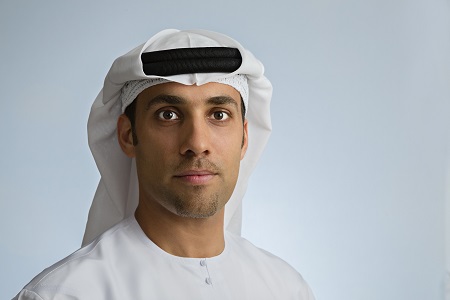 The Mohammed Bin Rashid Space Centre (MBRSC) has announced the commencement of the second analog study under the UAE Analog Programme, collaborating with NASA’s Human Exploration Research Analog (HERA). This study spans 180 days, divided into four phases of 45 days each, aimed at assessing how analog crew members adapt to isolation, confinement, and remote conditions on Earth, mirroring the challenges faced during extended space missions.
The Mohammed Bin Rashid Space Centre (MBRSC) has announced the commencement of the second analog study under the UAE Analog Programme, collaborating with NASA’s Human Exploration Research Analog (HERA). This study spans 180 days, divided into four phases of 45 days each, aimed at assessing how analog crew members adapt to isolation, confinement, and remote conditions on Earth, mirroring the challenges faced during extended space missions.
The inaugural phase of the UAE Analog Programme’s second analog study is scheduled to kick off on January 26, 2024. Emirati analog crew members will actively participate from the second phase starting on May 10, 2024, followed by the third and fourth phases commencing on August 9, 2024, and November 1, 2024, respectively.
As part of NASA’s HERA, Emirati analog crew members will join the research team at the Johnson Space Center, engaging in various science and maintenance tasks inside the HERA habitat. HERA, a three-story habitat designed to replicate space-like conditions on Earth, serves as an analog for isolation, confinement, and remote conditions, offering valuable insights for potential long-duration space missions and simulating journeys to Mars.
Activities within the HERA habitat include testing augmented reality and monitoring the mock environment. Analog crew members will face scenarios such as increasing communication delays with ground control support staff as they “approach” Phobos, a moon of Mars.
The data gathered from these activities will aid researchers in designing strategies to enhance the autonomy, teamwork, and communication skills of analog crew members. This information is crucial for better-preparing astronauts for interplanetary missions, aligning with the UAE’s long-term vision under the Mars 2117 Programme.
Local universities play a pivotal role in the second analog study, contributing diverse research studies. United Arab Emirates University (UAEU) focuses on areas such as glucose metabolism dysfunctions, cognitive fatigue-induced deficits in brain function, and optical-based cardiovascular vital signs monitoring. The Mohammed Bin Rashid University of Medicine and Health Sciences (MBRU) conducts studies on changes in whole-body energy consumption, bone density, muscle mass, and cardiovascular variability during prolonged exposure to a space analog environment. The American University of Sharjah (AUS) explores mental stress in isolation and confined environments.
Commenting on the development, Salem Humaid AlMarri, Director General, MBRSC, said: “The UAE Analog Programme is instrumental in deepening our understanding of the challenges and nuances of long-duration space missions. They are also pivotal in shaping the scientific methodologies and technological innovations required for future expeditions to the Moon and beyond. Under the visionary leadership of the UAE, we continue to enhance Emirati capabilities and technologies with the goal of sending our astronauts on long-duration missions. Through the UAE’s second analog study, we are laying a robust foundation for our nation’s ambitious journey across the cosmos, driven by a commitment to enhance human understanding and capability in the realm of space exploration.”
Adnan AlRais, Mars 2117 Programme Manager, MBRSC, added: “The analog missions provide us with invaluable insights into the physical, psychological, and technological challenges of long-duration space travel. As we simulate the conditions of space here on Earth, we are not only testing human endurance and adaptability but also refining the technologies and strategies that will be pivotal for the success of future expeditions to the Red Planet. Each discovery and lesson learned from these analog missions also bring us a step closer to turning the ambitious vision of the Mars 2117 Programme into a reality. It’s a testament to the UAE’s commitment to being at the forefront of space exploration and to contributing significantly to the global understanding of human capabilities in space.”
The first analog study, part of the SIRIUS-21 programme, successfully concluded in 2022, focusing on understanding the effects of isolation on human psychological and physiological conditions. The UAE Analog Programme is managed by MBRSC under the UAE’s National Space Programme, funded by the ICT Fund of the Telecommunications and Digital Government Regulatory Authority (TDRA), supporting research and development in the ICT sector in the UAE and promoting global integration.


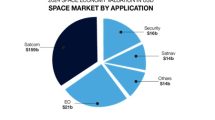
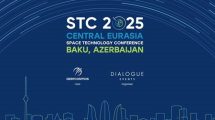
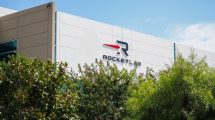
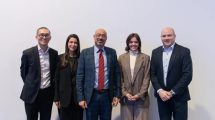






Add Comment